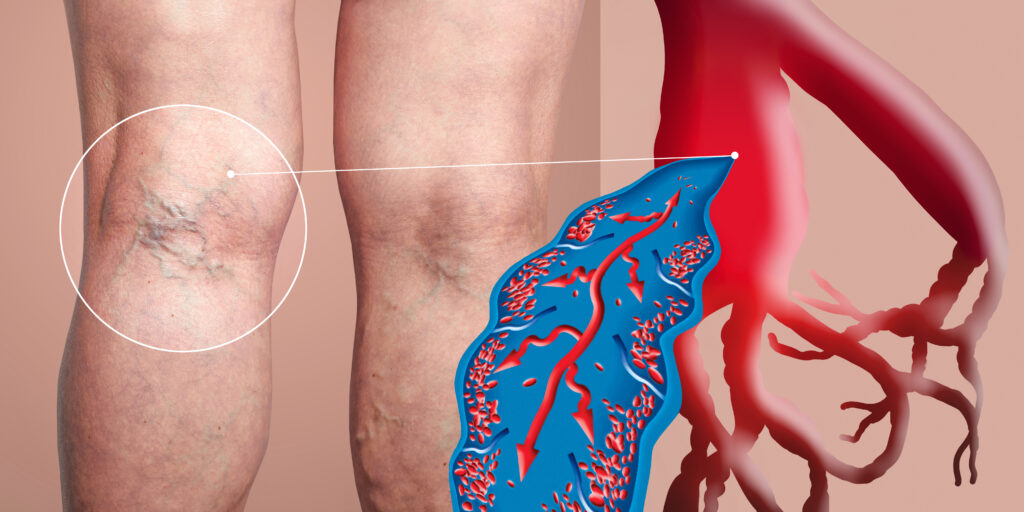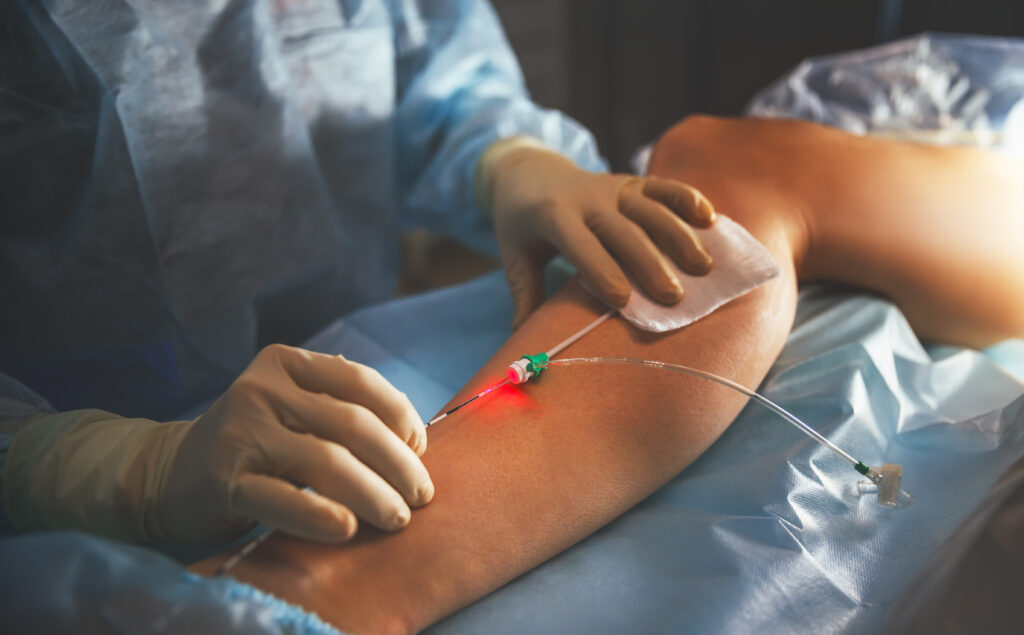Varicose veins are a common condition that affects millions of people worldwide, causing discomfort and aesthetic concerns. Fortunately, advancements in minimally invasive surgical techniques offer effective treatment options with fewer complications and faster recovery times. If you’re curious or considering these innovative approaches, here are answers to some frequently asked questions about varicose veins and minimally invasive surgical techniques.
Varicose veins are enlarged, twisted, and bulging veins that commonly occur in the legs and feet. They develop when the valves in the veins malfunction, causing blood to pool and the veins to become swollen and distorted. Varicose veins can cause symptoms such as pain, heaviness, swelling, itching, and aching legs.

Minimally invasive surgical techniques offer several benefits for treating varicose veins, including smaller incisions, reduced pain and discomfort, faster recovery times, minimal scarring, and lower risk of complications compared to traditional open surgery. These techniques allow for targeted treatment of varicose veins while preserving surrounding healthy tissue.
Minimally invasive surgical techniques commonly used to treat varicose veins include endovenous laser therapy (EVLT), radiofrequency ablation (RFA), sclerotherapy, and ambulatory phlebectomy. These procedures involve using heat energy, laser energy, or a chemical solution to seal off or remove varicose veins, allowing blood to reroute to healthier veins.
Rather than resorting to traditional vein stripping, which can be invasive and require significant recovery time, radiofrequency ablation, as an example, utilizes radiofrequency energy delivered through a catheter to target the affected vein. This energy heats up the vein, causing it to shrink and eventually close off. The entire process is performed under local anesthesia, ensuring minimal discomfort for the patient.
To further enhance the procedure’s effectiveness and safety, anesthetic and a saline solution are injected into the treatment area. This not only numbs the leg but also helps to clear the vein of blood and protect surrounding tissues.
Precise ultrasound imaging is employed throughout the procedure to pinpoint the exact location of the problem vein, guide the catheter with accuracy, and verify that the vein has been fully treated and closed off. This ensures optimal results and minimizes the risk of complications.

During minimally invasive surgical procedures for varicose veins, the surgeon makes small incisions in the skin and inserts a catheter or a tiny needle into the affected vein. Energy sources such as laser or radiofrequency are then used to heat and seal the vein from the inside, causing it to collapse and eventually be absorbed by the body.
Recovery after minimally invasive surgical treatment for varicose veins is typically faster and less painful compared to traditional surgery. Patients may experience mild discomfort, bruising, or swelling in the treated area, which can be managed with pain medication and compression stockings. Most patients can resume normal activities within a few days to weeks after the procedure.
While minimally invasive surgical techniques for varicose veins are generally safe and effective, like any medical procedure, they carry certain risks and potential complications. These may include bruising, swelling, infection, nerve injury, blood clots, or skin discoloration. Your healthcare provider will discuss these risks with you and take steps to minimize them.
If you’re considering minimally invasive surgical treatment for varicose veins, it’s essential to find a qualified healthcare provider, such as a vascular surgeon, who specializes in these techniques. You can start by asking your primary care physician for recommendations, and/or scheduling a consultation at the Mason City Clinic to discuss your options and concerns.
In many cases, the procedure is covered by health insurance, especially if it is deemed medically necessary to treat symptoms or complications associated with varicose veins. However, coverage may vary depending on your insurance plan, the specific procedure performed, and other factors. It’s essential to check with your insurance provider to understand your coverage and any potential out-of-pocket costs.
Minimally invasive surgical techniques offer safe, effective, and less invasive options for treating varicose veins, allowing patients to experience improved symptoms and cosmetic outcomes with minimal downtime.
Our vascular surgeon, Harsha Jayawardena, MD has over twenty-five years of experience and advanced training in vascular surgery, and is well-known for delivering the highest-quality medical care.
If you’re considering minimally invasive surgical treatment for varicose veins, please call 641.494.5260 today or use our online form to schedule an appointment. With proper care and expertise, you can achieve healthier veins and enjoy a better quality of life.
Up-to-date. Down-to-earth. Close to home. Lots of great reasons to make Mason City Clinic
your first choice for all your family’s specialty healthcare needs.
250 S. Crescent Drive, Mason City, IA 50401
Tel: 641.494.5200
Toll Free: 800-622-1411
Fax: 641.494.5403